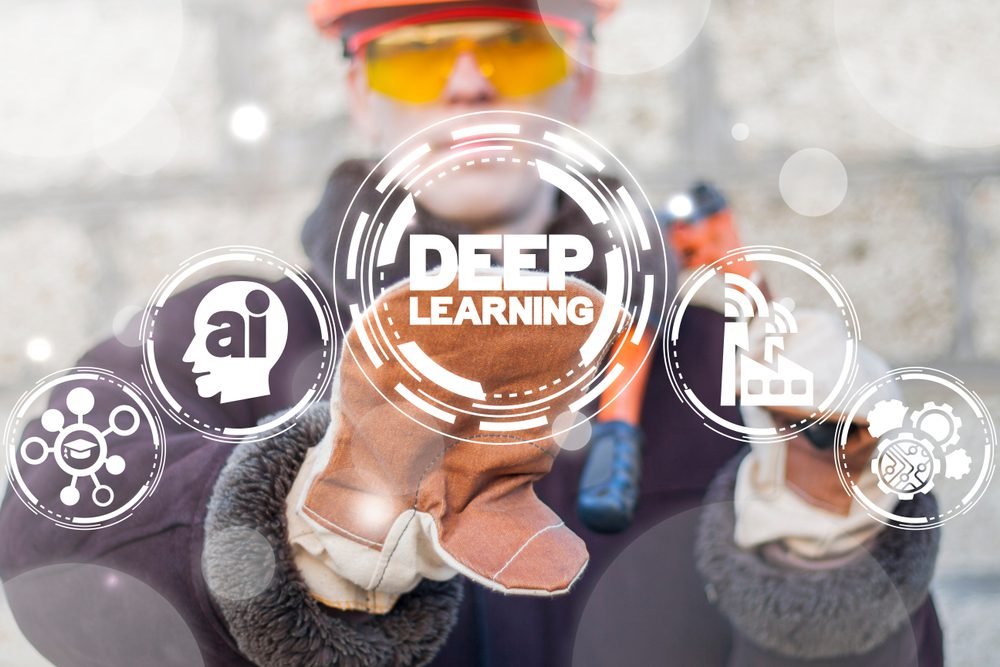Last Updated on 4 years ago by Imarticus Learning
Inspired by the human brain, the artificial neural networks in deep learning helps to solve complex problems using a diverse range of unstructured data set. Deep learning is a subset of machine learning that uses complex algorithms to learn with time by leveraging massive data sets. Deep Learning is used frequently by a lot of industries to automate processes and is among the most in-demand new-age technologies in the contemporary. Some of the most reputed organizations like Google, IBM, Apple, Microsoft, Intel, etc. use deep learning to make their services better. Let us see how to get started with deep learning.
Familiarise Yourself with the Prerequisites
One should make sure he/she knows the prerequisites needed for understanding the deep learning technology. This will help in understanding the neural networks better. You should know about mathematical topics like statistics, calculus, probability, numerical optimisation, etc. to operate on neural networks.
You should also be familiar with the low-level & high-level programming that has libraries for machine learning. Programming is a must-have skill for developing algorithms in deep learning. Languages like Python, Java, C, C++, etc. are used a lot in developing machine learning models.
Learn from Online Sources
You can learn from Deep Learning Courses offered via prominent providers. One can also read articles, blogs, available on deep learning by experts on the internet. One can also understand the deep learning concepts via YouTube videos. The online courses will be of great help as you can get to know about deep learning fundamentals without even going to an institution.
You can pace-up your studies for learning the fundamentals of machine learning & artificial intelligence and then you can take your time as you go deeper into the subject matter of deep neural networks. One can also read various journals on deep learning to understand the new methods & tools in this field and keep themselves updated with the latest in this domain.
Understanding Deep Learning Fundamentals
Once you have acquired the prerequisites for deep learning, dive into the fundamentals of deep learning like Recurrent Neural Networks (RNNs) which can lp to remember all the previous inputs and is used for time series prediction & other chores.
You will also have to know about Natural Language Processing (NLP) where the human language is made more intelligent for machines to perform dedicated tasks. You can also search for courses on the internet that have topics like reinforcement learning, deep learning frameworks, etc. in its course overview. Make sure that you know how to build artificial neural networks from scratch. You will be in heavy demand by the firms if you are skilled in deep learning because of the need of automating processes.
Practical Deep Learning
You can try your hands on the most popular Deep Learning software(s) which are used by firms/industries like Neural Designer, H2O.ai, Microsoft Cognitive Toolkit, Apache SINGA, Caffe, etc. You can work on example data set and can try to design your neural network. Practical learning will make you grasp things better and you will also specialise yourself in building neural networks.
A lot of online courses provide you with industry-oriented learning of deep learning with practical activities. You should be familiar with the tools and applications used in the deep learning industry. You can read case studies on different deep learning problems and can try to find solutions to real-world problems. You can work on various projects available on the internet on deep learning which will hone your skills.
Conclusion
Starting from knowing the prerequisites to building your neural network, you can get started in deep learning easily. If you are good at programming and mathematical skills, then it will take even less time to be skilled in deep learning. A systematic approach towards learning deep learning is offered by many Deep Learning Courses available on the internet. Start learning now!



